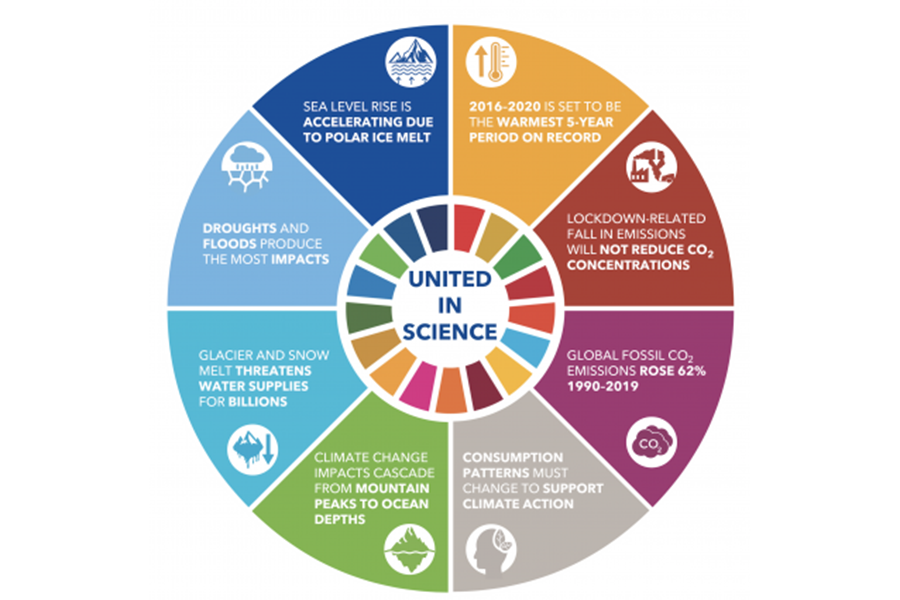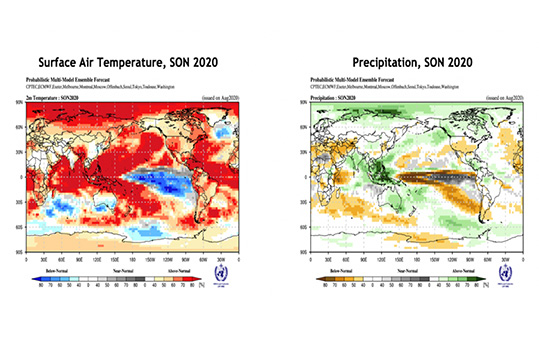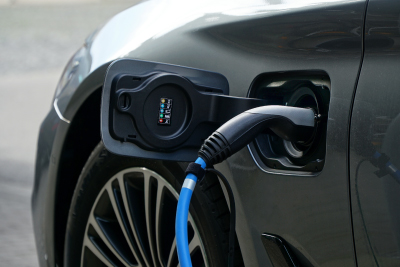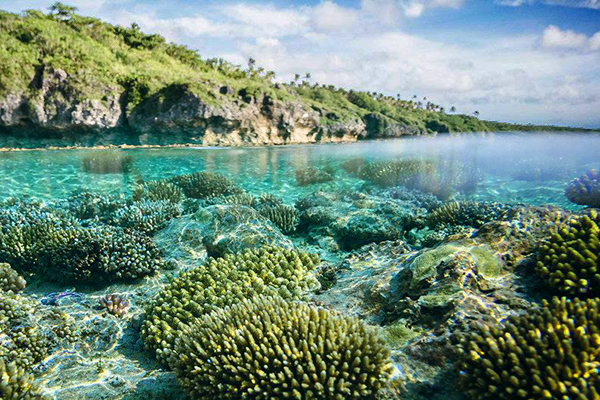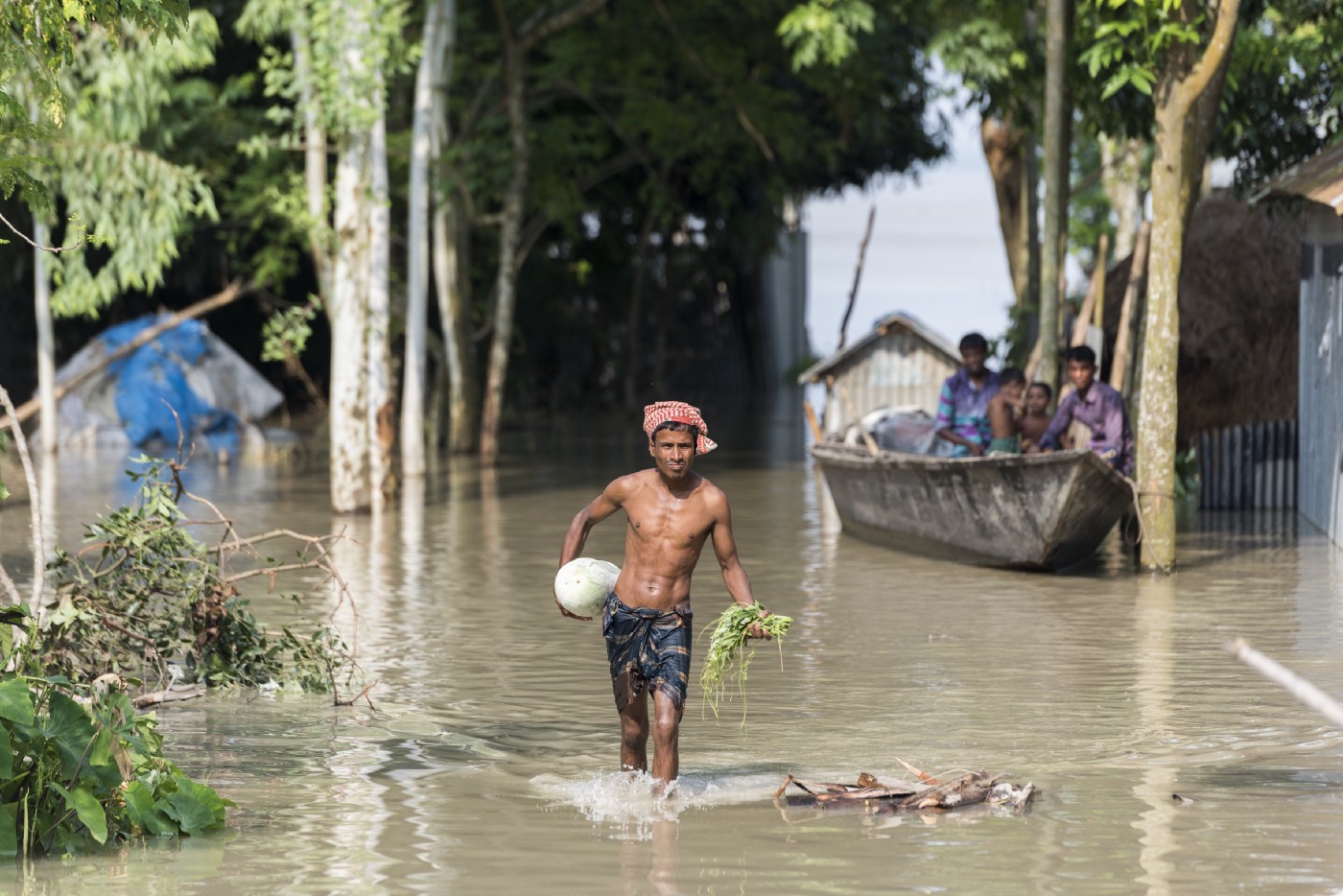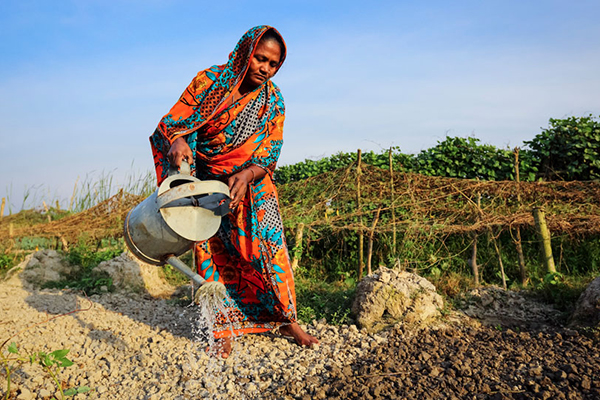United in Science 2020, the new multi-agency report coordinated by WMO, highlights the increasing and irreversible impacts of climate change, which affects glaciers, oceans, nature, economies and human living conditions. It also documents how COVID-19 has impeded our ability to monitor these changes. Emissions are heading in the direction of pre-pandemic levels following a temporary decline caused by the lockdown and economic slowdown. The world is set to see its warmest five years on record – in a trend which is likely to continue.
Despite the tendency for La Niña to have a cooling effect on global temperatures overall, above-average temperatures are expected to be predominant.
Keeping it local: Activating the power of community for climate resilience in Bangladesh
Global consumers are warming up to electric cars, whose sales are expected to jump from 3 million vehicles in 2017 to 23 million in 2030, according to the International Energy Agency. Similar growth is expected for rechargeable batteries. While this is great news for efforts to cut greenhouse gas emissions, an UNCTAD report says the expected boom in mining for the raw materials used to make rechargeable batteries raises environmental and social concerns that must be urgently addressed.
As the world plans for a post-pandemic recovery, the United Nations is calling on Governments to seize the opportunity to “build back better” by creating more sustainable, resilient and inclusive societies. “We need to turn the recovery into a real opportunity to do things right for the future,” said UN Secretary-General António Guterres. The United Nations devises a blueprint for a healthier planet and society that leaves no one behind. Mr. Guterres proposed six climate-related actions to shape the recovery. Actions are being taken across the UN system to ensure a more resilient future.
Tuvalu wields new data in the fight against climate change
To make green recovery a reality, the immediate post-COVID-19 period of the next 6 to 9 months needs to focus on climate policies and climate-friendly technologies according to the UNFCCC.
Transforming food and agriculture: Creating food security while fighting climate change
For people on the front lines of climate change and conflict, COVID-19 is a new challenge
A vaccine may come for coronavirus — but there isn’t one for climate change
IFAD channels climate and environmental finance to smallholder farmers, helping them to reduce poverty, enhance biodiversity, increase yields and lower greenhouse gas emissions.
UNFCCC and the Google Arts & Culture used key findings from UN’s landmark 2018 IPCC report to create “Heartbeat of the Earth”, a series of experimental artworks inspired by climate data.
As the world plans for a post-pandemic recovery, the United Nations calls Governments to seize the opportunity to “build back better” by creating more sustainable, resilient and inclusive societies. The UN is devising a blueprint for a healthier planet and society that leaves no one behind and actions are being taken to ensure a more resilient future. Secretary-General António Guterres proposed six climate-related actions to shape the recovery. While UNEP works closely to build scientific knowledge on links between ecosystem stability and human health.

